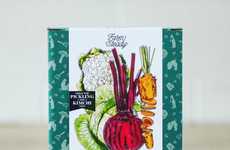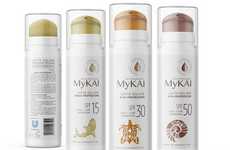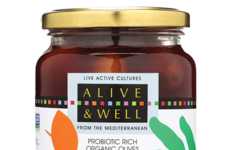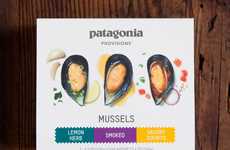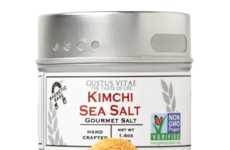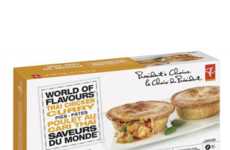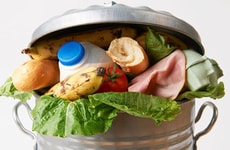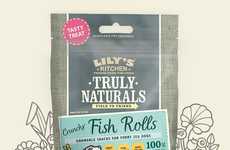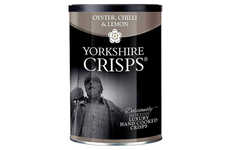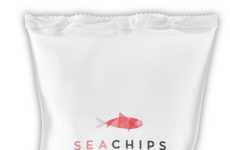


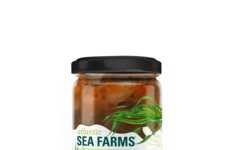
Waste from the seafood industry is re-introduced into the consumption cycle
Trend - As much of the world looks to prioritize efforts towards living in a more sustainable way, organic waste from the fishing industry is being reused and recycled for consumption. From turning lobster shells into bioplastics to making chips out of discarded fish skins, these offering speak the the growing consumer expectation and appetite for sustainability in all facets of their lives.
Insight - As concerns around sustainability become better understood, more and more consumers are identifying with this cause, to the point that for many, it becomes an integral part of who they are. As a result, there's more open-mindedness when it comes to creative solutions and products that support a more circular economy.
Insight - As concerns around sustainability become better understood, more and more consumers are identifying with this cause, to the point that for many, it becomes an integral part of who they are. As a result, there's more open-mindedness when it comes to creative solutions and products that support a more circular economy.
Workshop Question - How have growing consumer expectations related to sustainability impacted your business?
Trend Themes
1. Circular Economy - Organic waste from fishing industry being recycled for consumption speaks the growing consumer expectation and appetite for sustainability and opportunities to adopt circular economy in the food industry.
2. Sustainable Materials and Bioplastics - Explore alternative green options to traditional single-use plastics and create sustainable materials like biodegradable and recyclable bioplastics for reducing plastic waste.
3. Sustainable Retailing - As IKEA introduces a new sustainable food product using leftovers from fish that is ASC certified, committing to sustainable retailing will play a significant role in attracting consumers concerned with environmental issues.
Industry Implications
1. Food and Beverage Industry - The food and beverage industry can adopt technologies and innovations aimed at reducing food waste, sourcing more food sustainably, and adopting circular economy strategies.
2. Plastic Manufacturing Industry - The plastic manufacturing industry can explore alternative green options like biodegradable and recyclable bioplastics to improve environmental sustainability measures and reduce plastic waste.
3. Retail Industry - The retail industry can commit to sustainable retailing, reduce food waste and adopt ASC certified sustainable materials to attract consumers concerned with environmental issues.
4 Featured, 36 Examples:
90,094 Total Clicks
Date Range:
Aug 18 — Sep 19
Trending:
Untested
Consumer Insight Topics:
